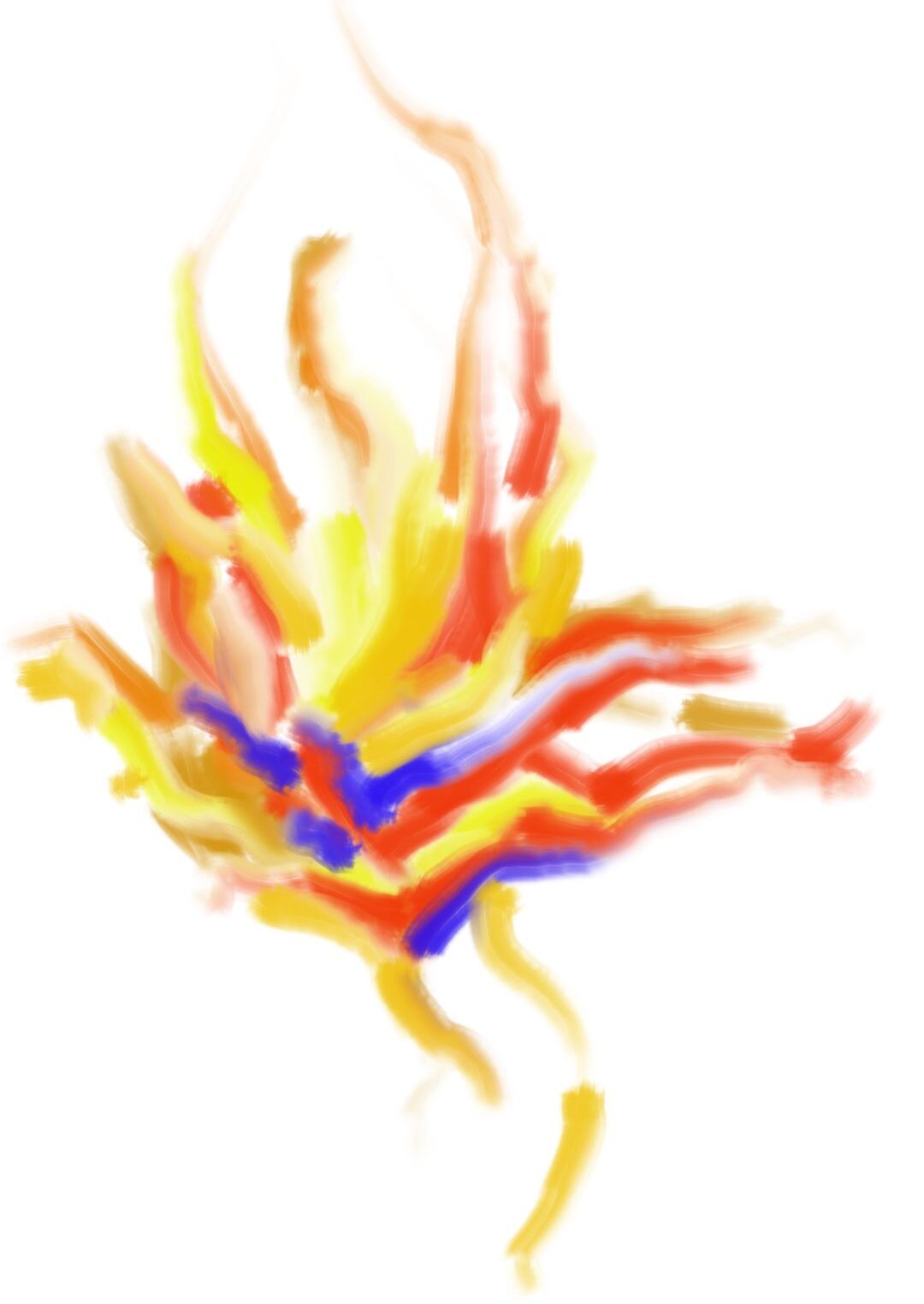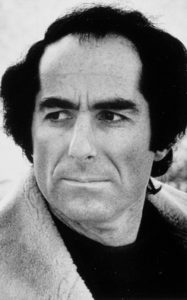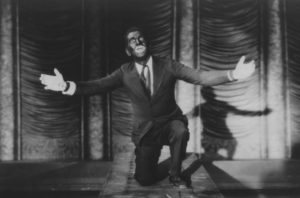
I was writing a story for myself, set in South Asia, and was using online searches to research some locales. It was fun: Finding pictures of remote valleys and small towns on maps, reading about them on Wikipedia and other sites I thought I could trust.
I don’t know if websites about Pakistan are more dangerous than other sites–it would be consistent with the increased dangers of other things, like travel. I was trying to find names for my characters and searched for lists of surnames and first names. Learned some things about Pakistani ethnicities, which are not as simple as I had assumed. Of course Pakistan has been a crossroads for millennia, why wouldn’t family names be complex? Understand that I am not bashing Pakistan. I concluded they are as diverse as we are.
Some of the websites were sketchy, wanted me to create an account, and those I got out of quickly.
Anyway, I eventually found the perfect setting in a “tribal area” of Pakistan, which I am not going to name. I was on Wikipedia and there was a short article with one picture. There were external links to two websites. I clicked on the first link and something came up which had nothing to do with the topic, and I got out of there quick. The second one led me to a site warning me that I had damaged their system by entering it and would have to pay them to fix their computer and thus be able to get my files back. In other words, I was a victim of ransomware.
This all happened really fast as I closed the browser almost instantaneously. But now my computer was frozen. I immediately unplugged the backup drive and tried “control-alt-delete” to close the browser. No response. I was able to get into Windows 10 settings and do a “reset.” It actually was the second reset in two days—the first time was related to a hardware malfunction. By now I’ve gotten pretty good at it.
Fortunately I have my computer backed up in two places, one in the cloud and also an external hard drive. Still, having to go through the reset and reinstall process took the whole day, once again, was tedious and a waste of time. The computer is now operating normally and I didn’t lose any files.
I did contact Wikipedia to report the problem. It was hard to figure out where to send the “malicious content report,” but it did eventually get forwarded to a volunteer editor. The link for reporting is info-en@wikimedia.org, in case anyone else should ever need it. A week later the volunteer sent me back a nice note and said he had removed the links.
My take-homes from this experience:
- The virtual world has opened up to writers. The admonition to “write about what you know,” can be cautiously ignored, to some degree. What I still know about is people, and I was careful to write characters I could breathe substance into.
- I do have a lot of generalized background knowledge about the story setting, have been to South Asian cities and villages, and was able to imagine myself there in ways that I think are convincing to the reader.
- I was careful to only describe scenes I felt were convincing.
- Be really careful about clicking web links! If I was doing this again, I would probably go to the library and use their computers. But that part of the story is finished. I’m now moving on to Chicago and LA, places I know more about.


